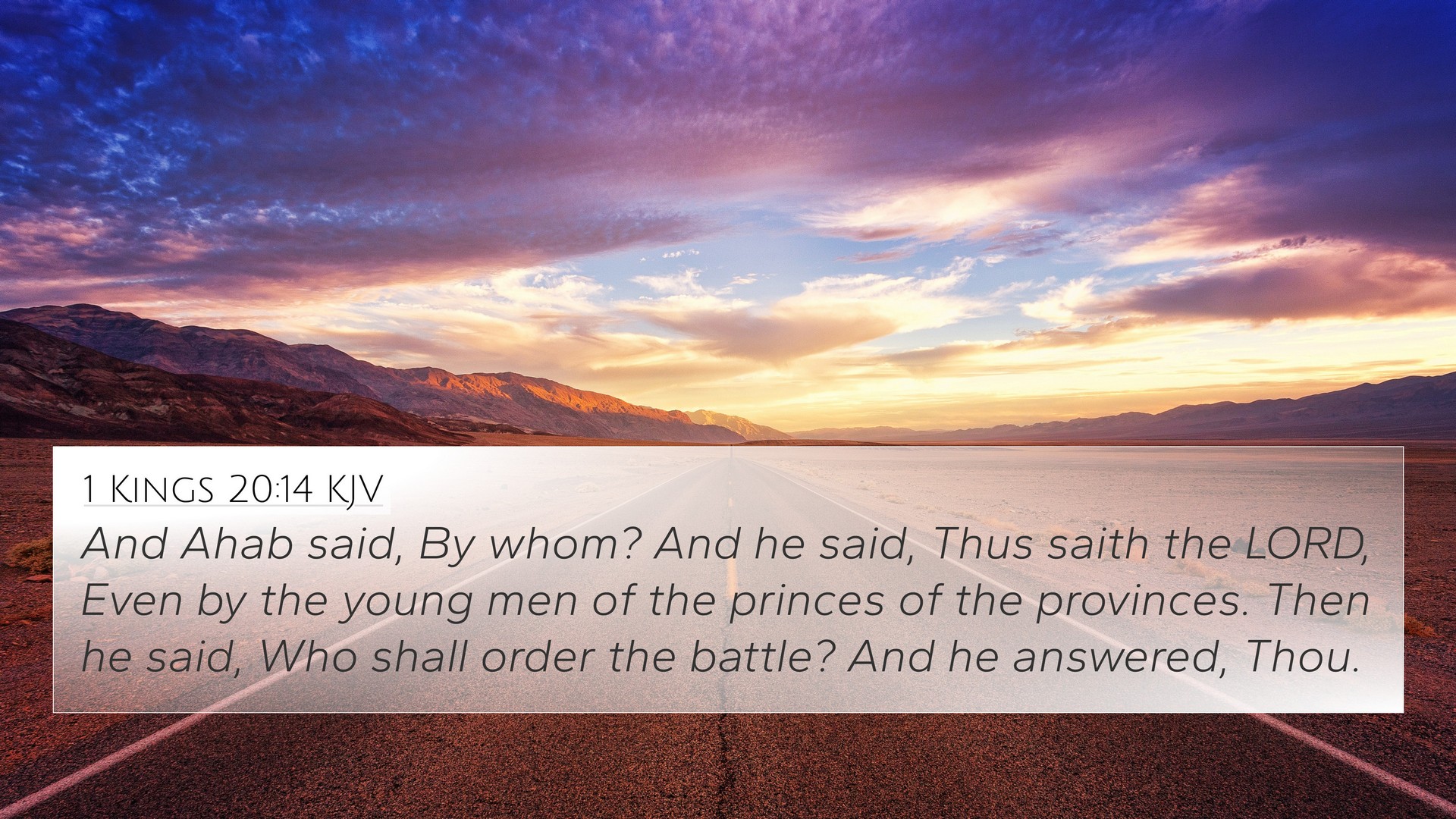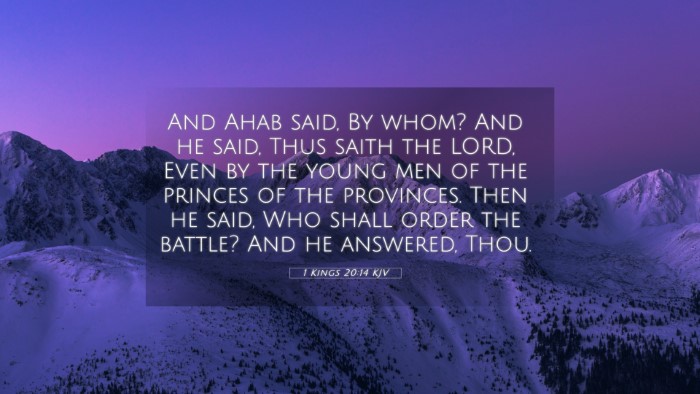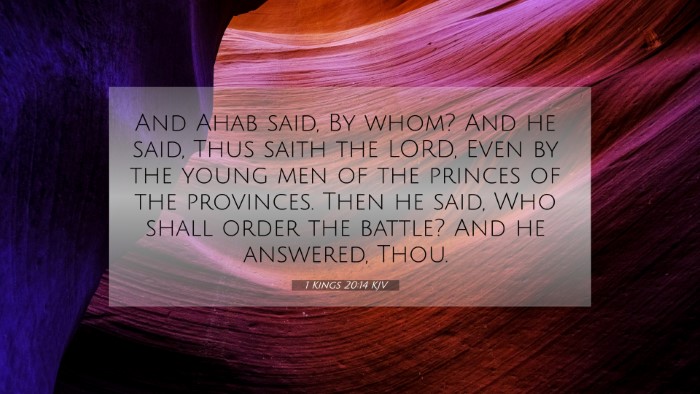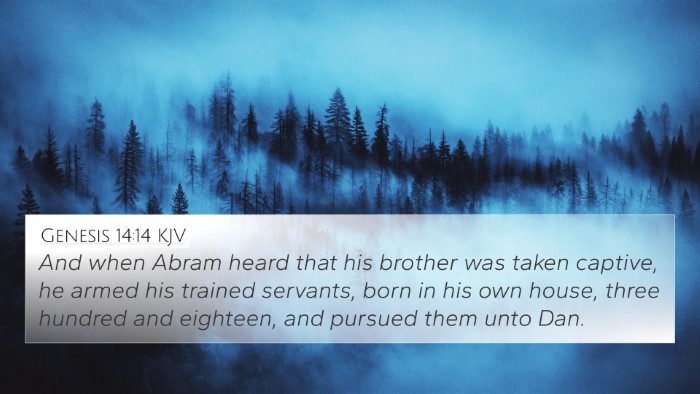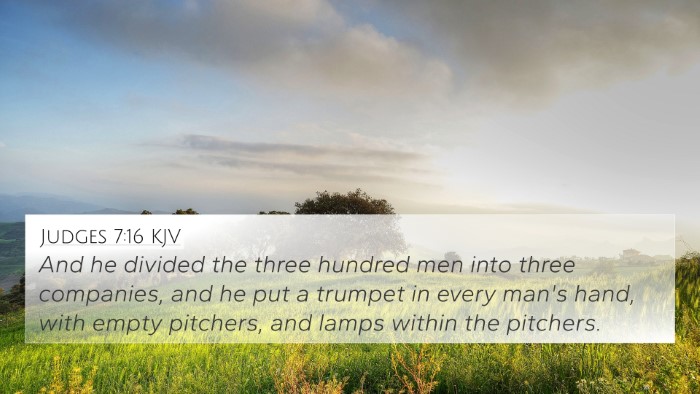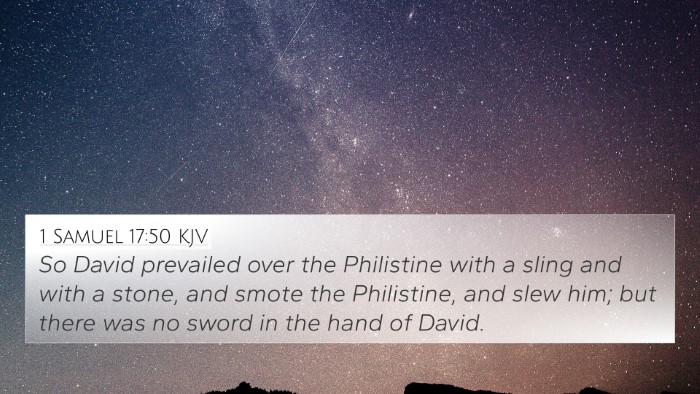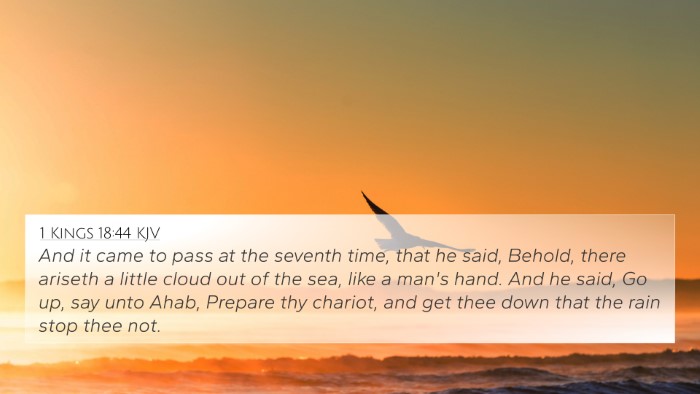Understanding 1 Kings 20:14
Bible Verse: 1 Kings 20:14
Verse Text: "And Ahab said, 'By whom?' And he said, 'Thus says the Lord, By the young men of the princes of the provinces.' Then he said, 'Who shall begin the battle?' And he answered, 'You.'" (1 Kings 20:14, ESV)
Summary of Meaning
The context of 1 Kings 20:14 takes place during a time of conflict between the Israelites and the Arameans, led by King Ben-Hadad. The Lord is communicating through a prophet, revealing His strategy for Ahab, the king of Israel. This verse emphasizes God's sovereignty in battle and highlights His ability to save His people through seemingly weak or unlikely means, such as 'the young men of the princes of the provinces.'
Insights from Public Domain Commentaries
-
Matthew Henry:
Henry explains that Ahab's question, "By whom?" reflects a curiosity about the method of the impending victory. The reply indicates that in God's hands, the means of victory can be most ordinary or insignificant. Through young men—who symbolize youth, vigor, and perhaps inexperience—God demonstrates that victory depends on His power, not on human might.
-
Albert Barnes:
Barnes expands on the implications of God's choice to use young men. He notes that the use of such a contingent serves to remind Israel that all glory belongs to God. This strategy is a profound lesson in humility, for Israel's successes do not come from conventional military strength or seasoned warriors, but from unwavering faith in God.
-
Adam Clarke:
Clarke remarks on Ahab's position, underscoring that despite being a king with resources at his disposal, Ahab seems to rely on the prophet's guidance to determine the course of action. This signifies a turning point wherein Ahab appears to acknowledge the necessity of divine input in battles that pertain not just to territory, but to spiritual standing as well.
Cross References for 1 Kings 20:14
This verse connects with several other Bible verses that illustrate similar themes of God’s guidance during conflict:
- Isaiah 31:1: “Woe to those who go down to Egypt for help..." This highlights reliance on human strength versus divine support.
- 2 Chronicles 20:15: “The battle is not yours, but God's.” Reinforces the idea of God's sovereignty in battles.
- Judges 7:2-7: The story of Gideon using a small band of men against great odds illustrates God's power in weakness.
- 1 Samuel 17:45: David's confrontation with Goliath emphasizes that victory comes from the Lord, not human prowess.
- Psalms 44:3: “For by their own sword they did not gain the land...” shows that divine intervention is paramount in gaining victory.
- Zechariah 4:6: “Not by might nor by power, but by my Spirit...” This reinforces God's methods, akin to His guidance for Ahab.
- Romans 8:31: “If God is for us, who can be against us?” This encapsulates the power and assurance believers find in God.
Key Themes and Applications
The verse reflects a few key themes and lessons for modern readers:
- God's Sovereignty: Victory is determined by God's will rather than human strength.
- Faith in God's Method: Emphasizes that God often uses unexpected means to achieve His purposes.
- Seeking Divine Guidance: Highlights the importance of turning to God in times of battle and decision-making.
Conclusion
1 Kings 20:14 serves as a powerful reminder of God's control over circumstances, especially in the face of adversity. As we explore cross-references and connect different scriptures, we recognize the broad narrative of God's providence throughout the Bible. For anyone studying this verse, understanding these connections enhances our comprehension of biblical themes, offering significant knowledge on how God operates in both the Old Testament and beyond. Such cross-referencing aids in deepening our understanding and application of biblical truths in our lives.
Utilizing tools for Bible cross-referencing can significantly enrich your study. Engaging with a Bible concordance or Bible cross-reference guide will help identify connections between Bible verses and provide clarity on the interplay of themes across scripture.
